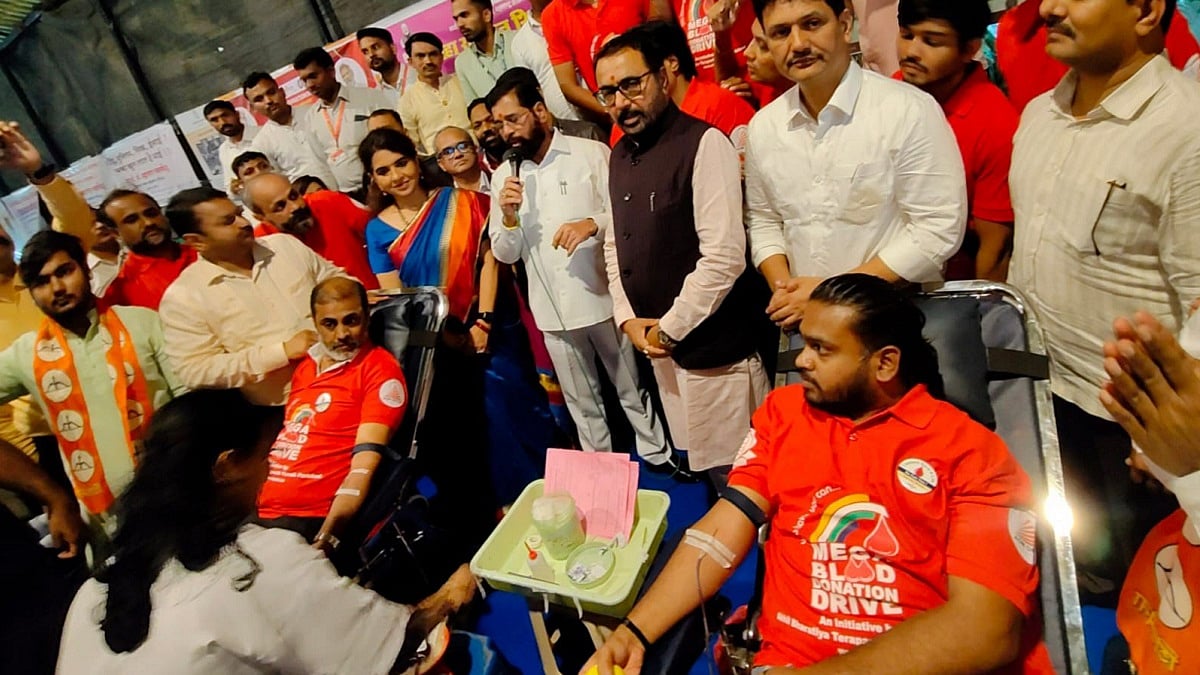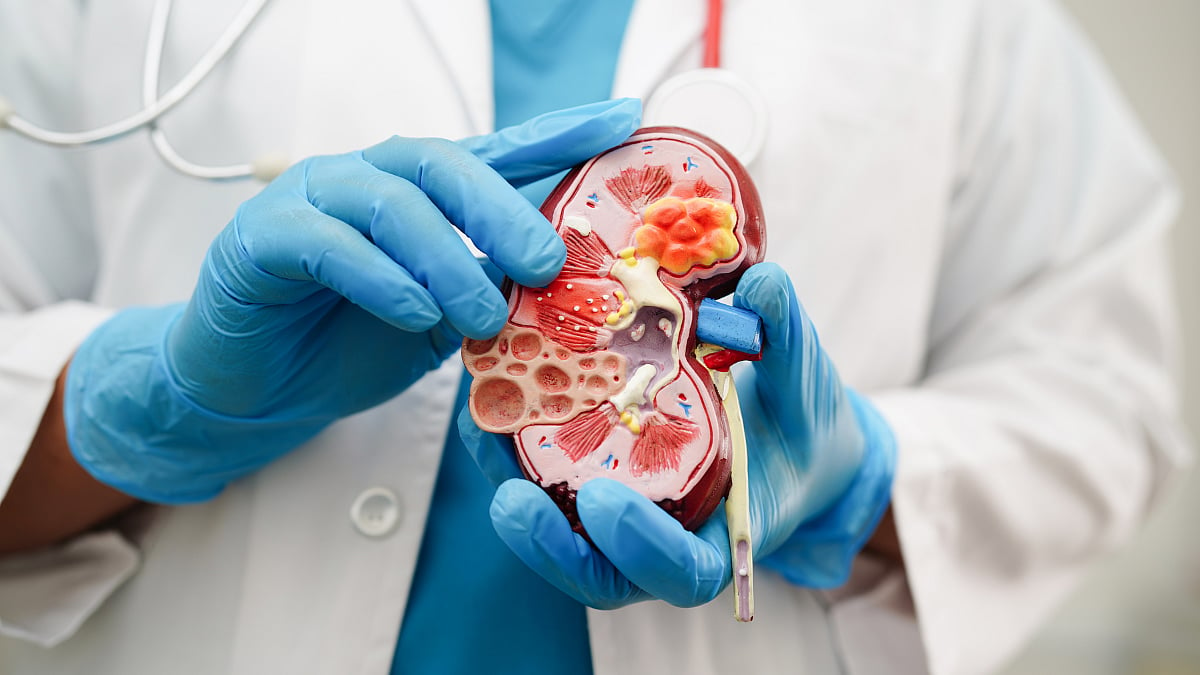Veteran actress Nafisa Ali Sodhi, known for acclaimed films like Life In A… Metro, Guzaarish, and Yamla Pagla Deewana, has once again opened up about her ongoing cancer battle. In a heartfelt Instagram post on September 16, the 67-year-old star revealed that she has resumed chemotherapy, as doctors have determined that surgery is no longer an option in her treatment plan.
Quoting a touching exchange with her children, Nafisa wrote, “One day my children asked, ‘Who will we turn to when you’re gone?’ I told them, ‘Turn to each other. That is my greatest gift, siblings who share the same love and memories. Protect one another, and remember: your bond is stronger than anything life can bring.’”
She captioned her post with resilience and optimism, saying, “A new chapter in my journey from today. I had my PET scan yesterday… so back to chemotherapy as surgery is not possible. Believe me, I love life.”
A long battle with cancer
Nafisa Ali was first diagnosed with peritoneal and ovarian cancer in 2018. After initial treatment, she was declared cancer-free in 2019. However, regular monitoring continued, and her recent scans confirmed that the cancer has advanced. Doctors have now classified it as Stage 4 peritoneal cancer, which means the disease has spread to other areas within her abdomen.
Despite the setback, Nafisa remains hopeful, reassuring her followers that she is ready to fight once again.
What does stage 4 cancer mean?
According to Healthline and the Cleveland Clinic, Stage 4 cancer, also called metastatic cancer, is the most advanced stage of the disease. At this stage, cancer cells from the primary tumor have spread to distant organs or tissues through the bloodstream or lymphatic system.
The signs vary depending on the type of cancer and where it has spread. General symptoms can include:
-Persistent fatigue and weakness
-Unexplained weight loss or loss of appetite
-Pain in bones or specific organs
-Difficulty breathing (if cancer reaches the lungs)
-Jaundice (if cancer spreads to the liver)
-Neurological issues such as headaches or seizures (if it spreads to the brain)
Treatment options
While Stage 4 cancer is usually not curable, it is treatable. The primary goals are to slow disease progression, manage symptoms, and maintain quality of life. Treatment may involve:
-Chemotherapy: drugs that target cancer cells throughout the body.
-Targeted therapy and immunotherapy: newer treatments tailored to a patient’s specific cancer type or genetic makeup.
-Radiation therapy: often used to shrink tumors causing pain or obstruction.
-Palliative care: to control symptoms, reduce discomfort, and provide emotional support.










